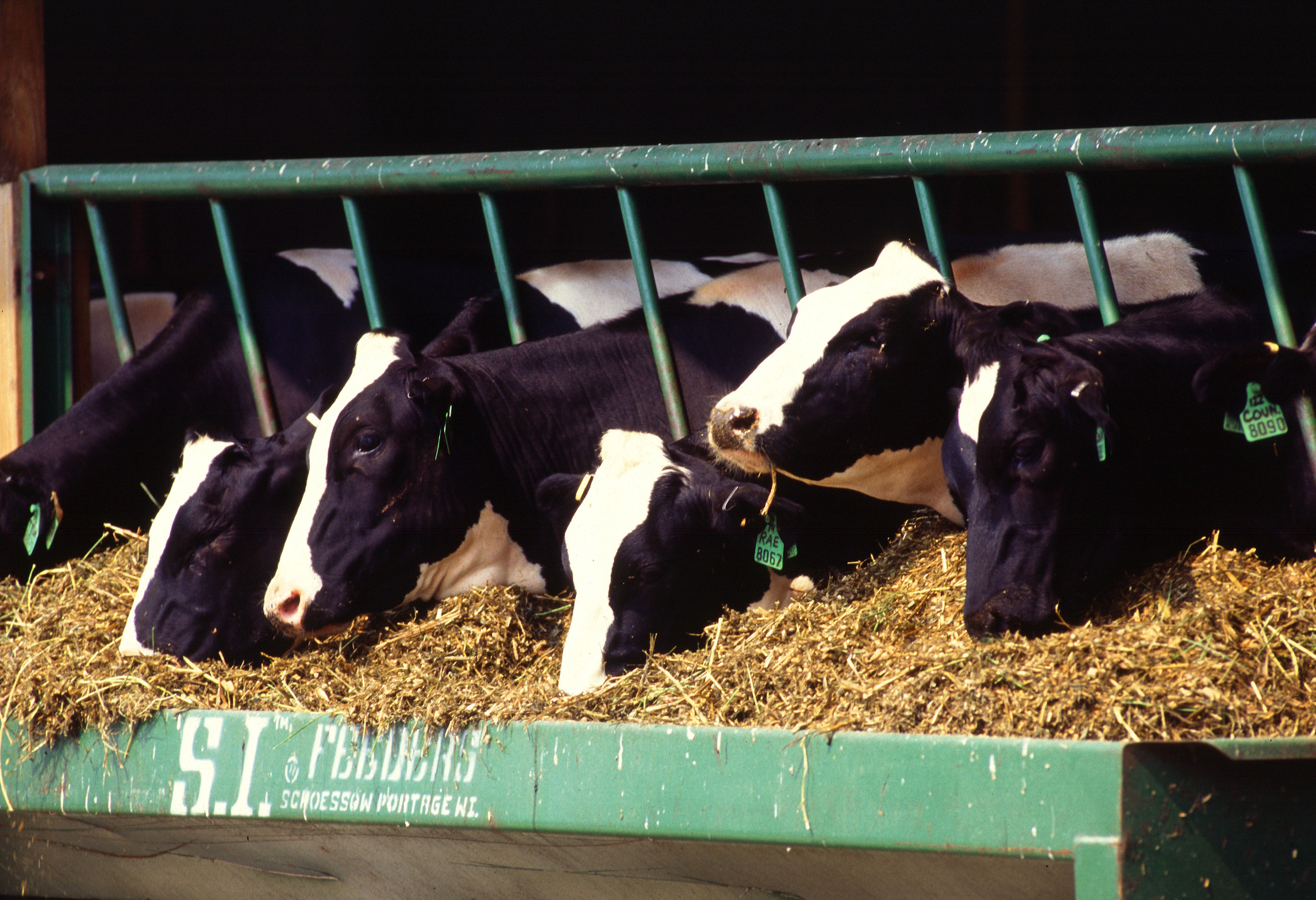Cattle smuggling: When smugglers become traders in Bangladesh

- Country:
- India
The vicious cycle of cross-border cattle smuggling along the India-Bangladesh border has snowballed into a major challenge for the BSF which always remains on the receiving end. On July 11, a BSF soldier lost his hand and suffered serious injuries in a bomb attack by Bangladeshi cattle smugglers along the India-Bangladesh border in West Bengal.
According to an official who spoke on the condition of anonymity, cattle smugglers from India are treated as traders once they cross over to Bangladesh. "All these smugglers need to do is to furnish taka 500 per animal to the officials in Bangladesh afterward they are free to sell it to whoever they wish," he said.
"Since there is a huge demand for cattle in Bangladesh, smugglers never lose a single chance to cross over to the neighboring country where they earn easy money. The demand and supply chain has to be broken," the official said, adding that these criminals often open fire at the BSF, killing or injuring the officials deployed at the border. According to officials, tens of thousands of cattle are estimated to be smuggled to Bangladesh annually through the porous India-Bangladesh border in West Bengal.
Floating banana stems are hugely popular for illegally sending cows, oxen, and buffaloes across the border into Bangladesh using the flow of river. Vast rivers with strong water currents are favorable for the smugglers who prefer sending the cattle after sunset to avoid detection.
As per the modus operandi, the smugglers place the heads of the bovines between two strong banana stems and tie them together before they are pushed in the deep water, allowing the currents to take the animals to the other side of the border where their accomplices wait for the livestock. The demand for cattle in Bangladesh is always high and it peaks ahead of Eid festivities.
The official said that Bangladesh does not treat cattle smuggling from India as a crime as cattle trade is a legal source of income in Bangladesh. "A cattle smuggler becomes a trader once he is in Bangladesh and pays taka 500 per animal as Customs duty after smuggling of cattle from India," he said.
Bangladesh generates income at three stages from this vicious cycle of cattle smuggling. First, they get revenue at the entry of the animal in Bangladesh, second in meat export and third is the industries related to it like textile.
The factors contributing to cattle smuggling include the supply and demand chain, unabated movement of cattle from the hinterland to border areas. The implementation of the non-lethal strategy by the BSF also contributes to the rise in cattle smuggling besides it is an easy earning of all the stakeholders in the entire chain.
"The price difference is such that it is a profitable trade even if a cattle is auctioned thrice," the official said. Porus border and unfenced gaps are favorable conditions for the smugglers. Smuggling of cattle, drugs and narcotics, leather, arms, and ammunition has been a major challenge for the Border Security Force (BSF) and the Border Guard Bangladesh (BGB) — the border guarding forces of the two countries.
Since it is a source of income for the government of Bangladesh, the BSF does not get any support from the BGB to stop cattle smuggling. Last month, the 48th bi-annual Director General-level talks between the BSF and the BGB were concluded in Dhaka during which it was mutually decided to enhance cooperation to better check crime and smuggling of cattle and narcotics across the 4,096 km frontier shared by the neighbors.
The BGB, however, has accepted that cross-border smuggling cannot be stopped completely at the Indo-Bangla frontier as it sought greater cooperation from the BSF to tackle the menace. Brigadier Jalal Gani, Commander of the North West Region, Bangladesh, said that smugglers are poor people who indulge in the illegal activity just to sustain themselves and not to lead a lavish lifestyle.
"Regarding the killing of smugglers by the BSF, this is our request that we should follow the law of the land. Killing is not the solution," the commander said. The BSF maintains that it fires only when a situation turns "ugly" and lives of its troops are in danger.
A top BSF officer said: "Forces open fire only when the situation gets out of hand, otherwise, the normal procedure is followed to nab the smugglers who are then handed over to the police". According to the BSF, 38,950 cattle were seized from the South Bengal border in 2018. This year, 16,350 cattle have been seized and 50 Bangladeshi and 70 Indian smugglers have been arrested.
(This story has not been edited by Devdiscourse staff and is auto-generated from a syndicated feed.)
ALSO READ
Nigeria union requests more troops to combat oil theft
Iran's Revolutionary Guard commander says ''no threat will go unanswered'' for strike that killed top generals, reports AP.
Iran's Revolutionary Guard commander vows retaliation for apparent strike that killed top generals
Iran's Revolutionary Guard commander vows retaliation for strike that killed top generals
Israeli troops recover body of hostage from Gaza's Khan Younis, military says










